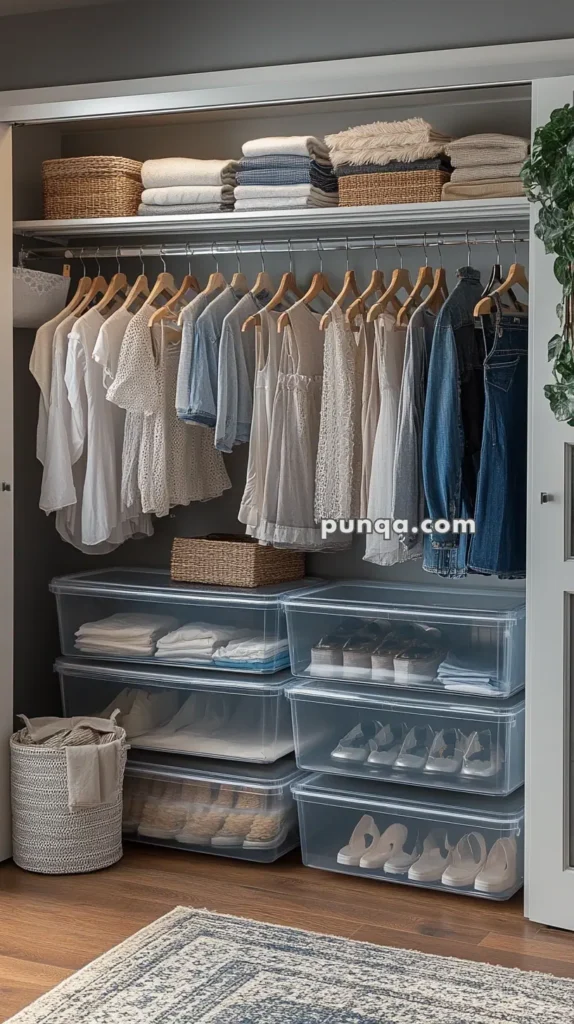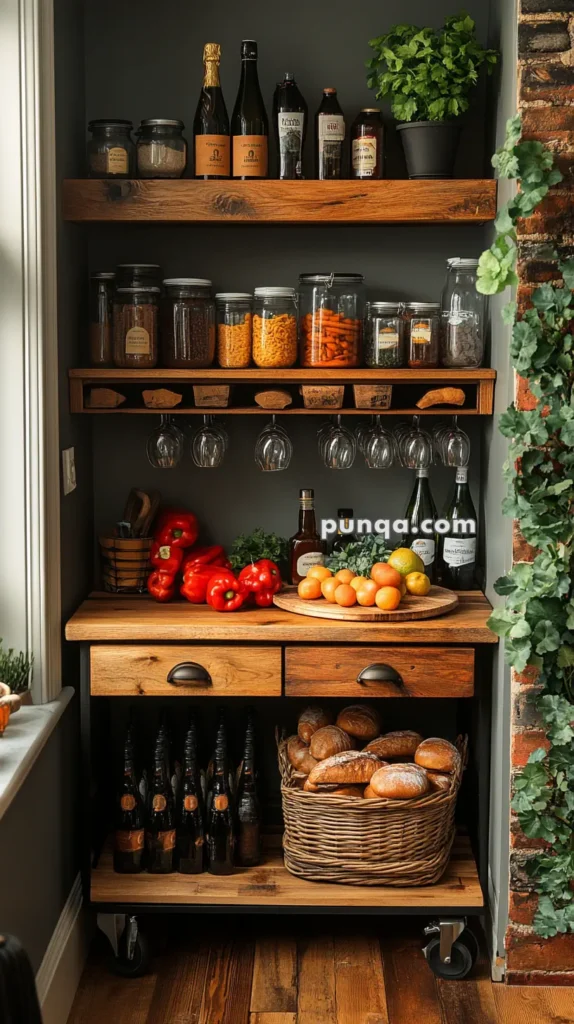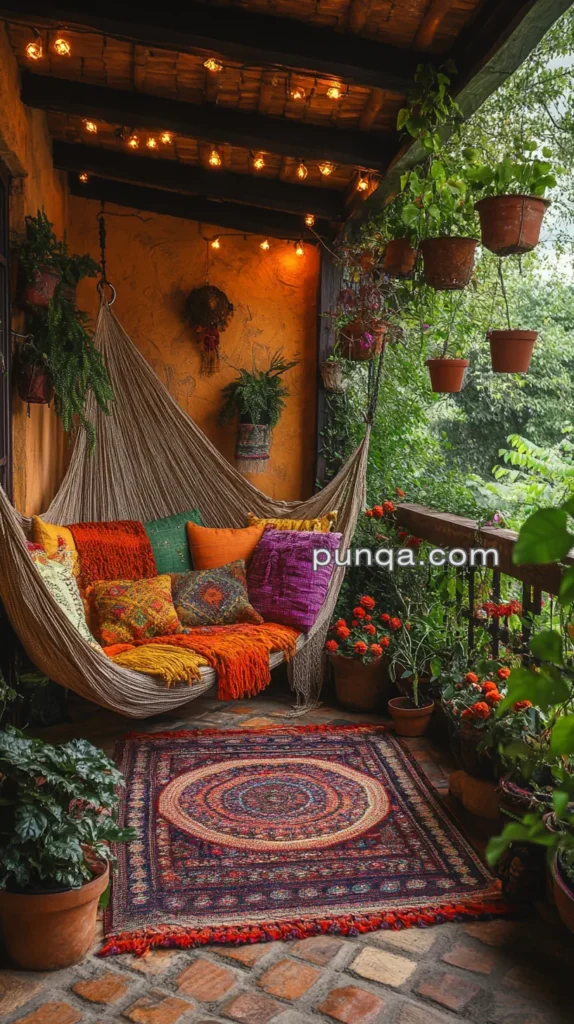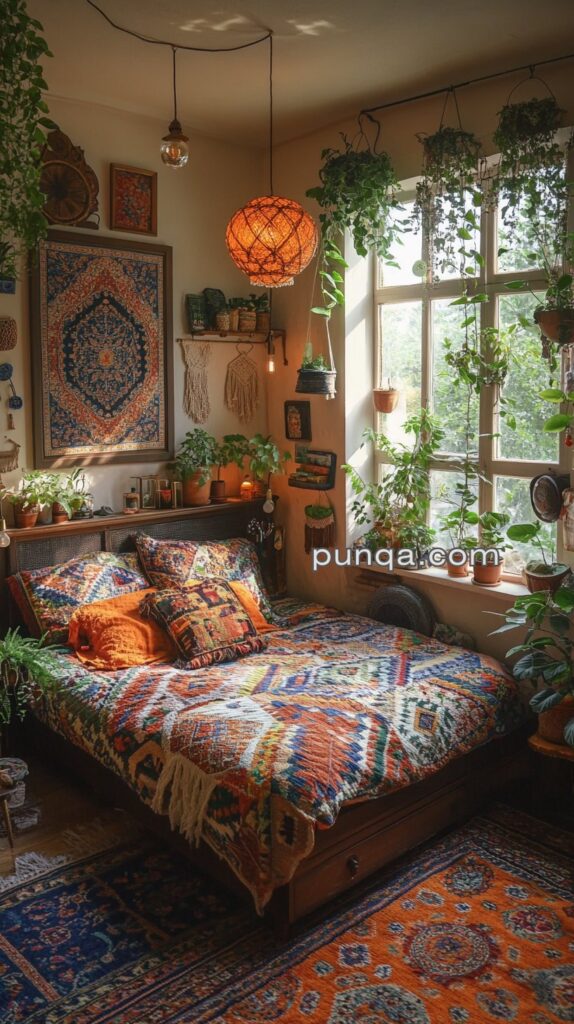Living in a small home comes with unique challenges, and clutter can quickly make a small space feel even more cramped. Decluttering your home can create a more comfortable and functional living environment. This guide provides a step-by-step approach to help you achieve a clutter-free, organized home.
Planning Your Decluttering Journey
Setting Clear Goals
Before you start decluttering, it’s essential to set clear goals. Ask yourself what you want to achieve and why. Whether it’s creating more space, reducing stress, or simply enjoying a tidier home, having a clear vision will keep you motivated.
Creating a Decluttering Schedule
Create a realistic schedule to tackle decluttering without feeling overwhelmed. Break down tasks into manageable chunks and set aside specific times each week to work on them.
Starting Small
Tackling One Room at a Time
Starting with one room at a time can make the decluttering process more manageable. Focus on completing one area before moving on to the next.
Prioritizing High-Traffic Areas
Begin with high-traffic areas like the living room, kitchen, and bathroom. Decluttering these spaces first will have the most immediate impact on your daily life.
Sorting and Categorizing
The Three-Box Method
The Three-Box Method is an effective way to sort through your belongings. Label three boxes as “Keep,” “Toss,” and “Donate”. This method helps you make quick decisions and keeps the process organized.
How to Decide What to Keep, Toss, and Donate
When deciding what to keep, ask yourself if the item is useful, necessary, or brings you joy. Items that are broken, unused, or don’t serve a purpose should be tossed or donated.
Effective Storage Solutions
Utilizing Vertical Space
Maximize your storage by utilizing vertical space. Install shelves, hooks, and cabinets that go up to the ceiling to free up floor space.
Multi-Functional Furniture
Invest in multi-functional furniture that doubles as storage. Sofa beds, ottomans with storage, and foldable tables can help you keep your home organized.
Decluttering the Living Room
Managing Media and Electronics
Organize your media and electronics by storing them in designated areas. Use cable organizers, media consoles, and storage bins to keep everything in its place.
Organizing Books and Magazines
Books and magazines can quickly accumulate and create clutter. Donate books you no longer read and use magazine racks to keep current issues organized.
Streamlining the Kitchen
Clearing Countertops
Clear your countertops of unnecessary items to create a more functional workspace. Store small appliances and utensils in cabinets or drawers to keep surfaces clutter-free.
Organizing Pantry and Cabinets
Organize your pantry and cabinets by grouping similar items together. Use clear containers, labels, and shelf organizers to keep everything accessible and neat.
Bedroom Organization Tips
Maximizing Closet Space
Maximize your closet space by using hangers, shelves, and bins. Consider adding a second hanging rod or installing a closet organizer to make the most of the available space.
Under-Bed Storage Solutions
Use the space under your bed for storage. Under-bed storage bins and boxes can hold seasonal clothing, shoes, and other items that you don’t need daily access to.
Bathroom Decluttering
Simplifying Toiletries and Cosmetics
Simplify your toiletries and cosmetics by keeping only what you use regularly. Discard expired products and use drawer organizers to keep everything tidy.
Space-Saving Bathroom Storage
Use space-saving storage solutions like over-the-toilet shelves, medicine cabinets, and shower caddies. These can help you keep your bathroom essentials organized without taking up too much space.
Home Office Cleanup
Organizing Paperwork
Keep your paperwork organized by using filing cabinets, folders, and labels. Digitize important documents to reduce paper clutter and keep your workspace clear.
Creating a Functional Workspace
Create a functional workspace by keeping your desk clear of unnecessary items. Use desk organizers, cable management solutions, and proper lighting to create an efficient work environment.
Maintaining an Organized Home
Daily Habits for a Clutter-Free Home
Develop daily habits to maintain an organized home. Spend a few minutes each day tidying up, putting things back in their designated places, and dealing with mail and paperwork.
Seasonal Decluttering
Schedule seasonal decluttering sessions to keep your home in order. Use these times to reassess your belongings and donate or discard items you no longer need.
Conclusion
Decluttering your home can seem like a daunting task, but with a clear plan and a step-by-step approach, it can be manageable and even enjoyable. By following these guidelines, you can create a more organized, comfortable, and functional living space. Start today and experience the benefits of a clutter-free home.
FAQs
Q1: How do I start decluttering if I feel overwhelmed? A: Start small and focus on one area at a time. Break down tasks into manageable steps and set achievable goals.
Q2: What are the best storage solutions for small homes? A: Utilize vertical space, invest in multi-functional furniture, and use storage bins and organizers to maximize space.
Q3: How can I maintain an organized home long-term? A: Develop daily habits for tidying up and schedule regular decluttering sessions. Consistency is key to maintaining an organized home.
Q4: What should I do with items I no longer need? A: Donate, sell, or recycle items that are in good condition. Dispose of broken or unusable items responsibly.
Q5: How can I create more storage space in my small bathroom? A: Use over-the-toilet shelves, shower caddies, and under-sink organizers to maximize storage. Keep only the essentials to reduce clutter.
By taking these steps and making decluttering a regular part of your routine, you can enjoy a more organized and serene home.
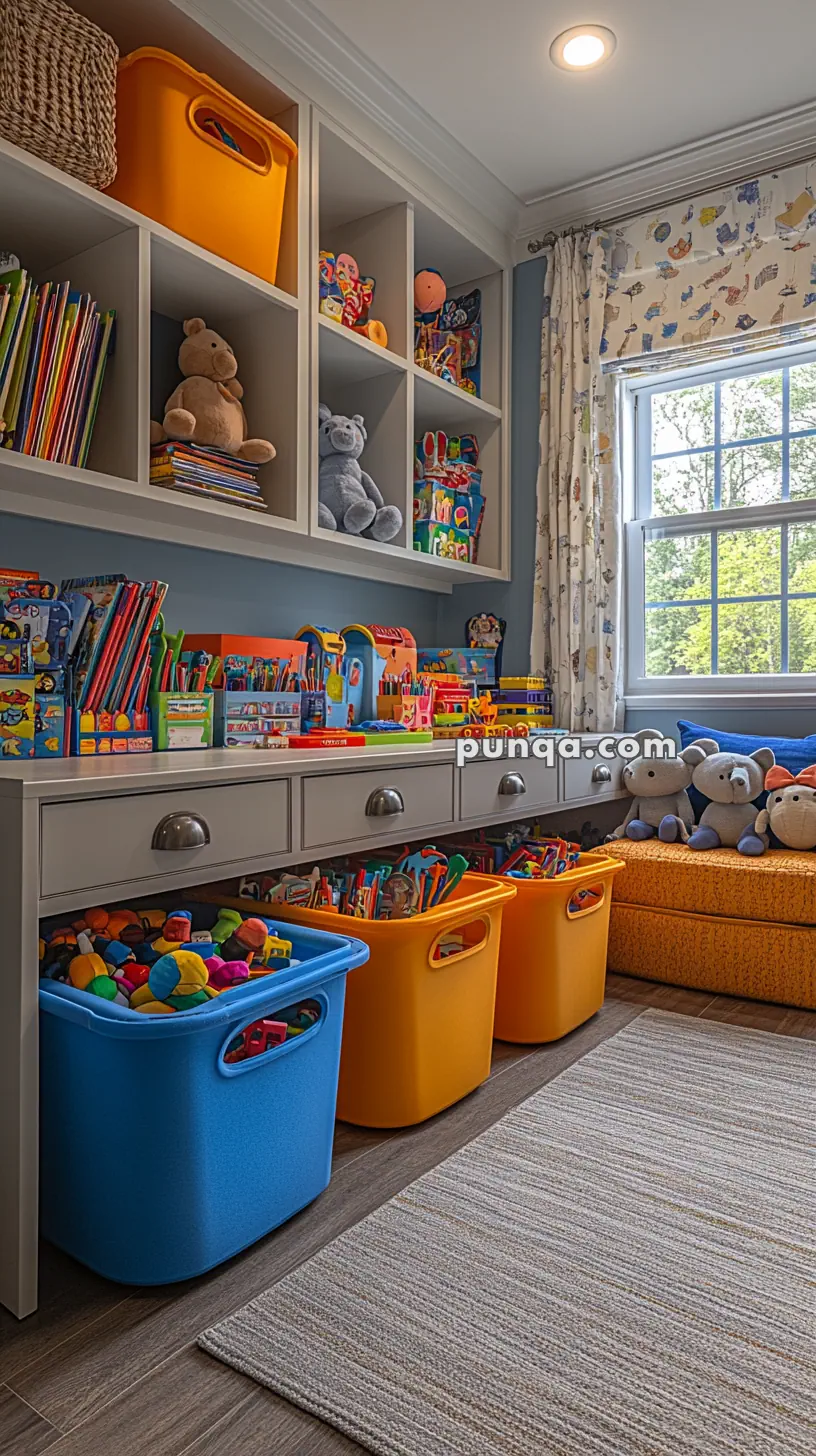
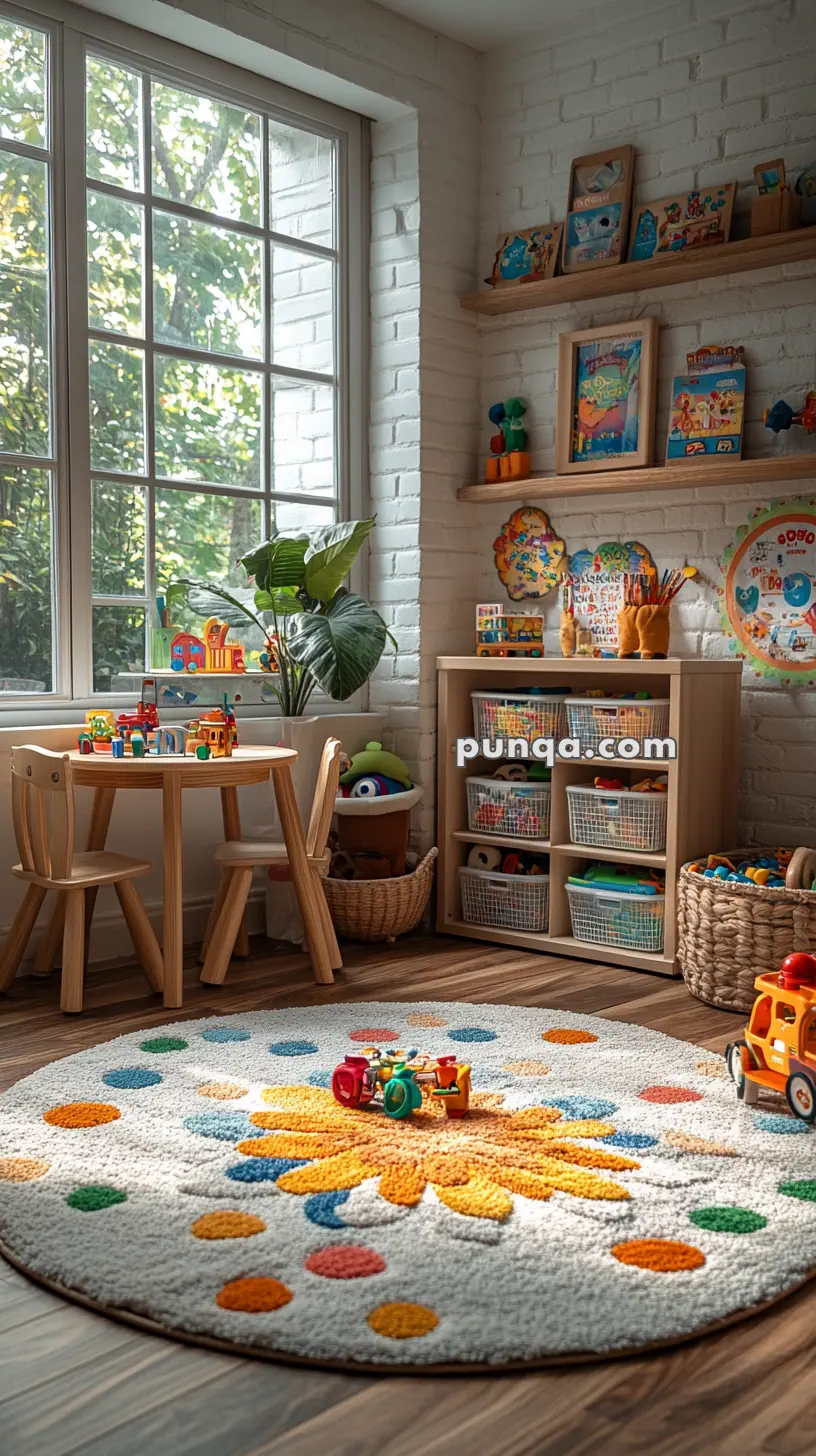
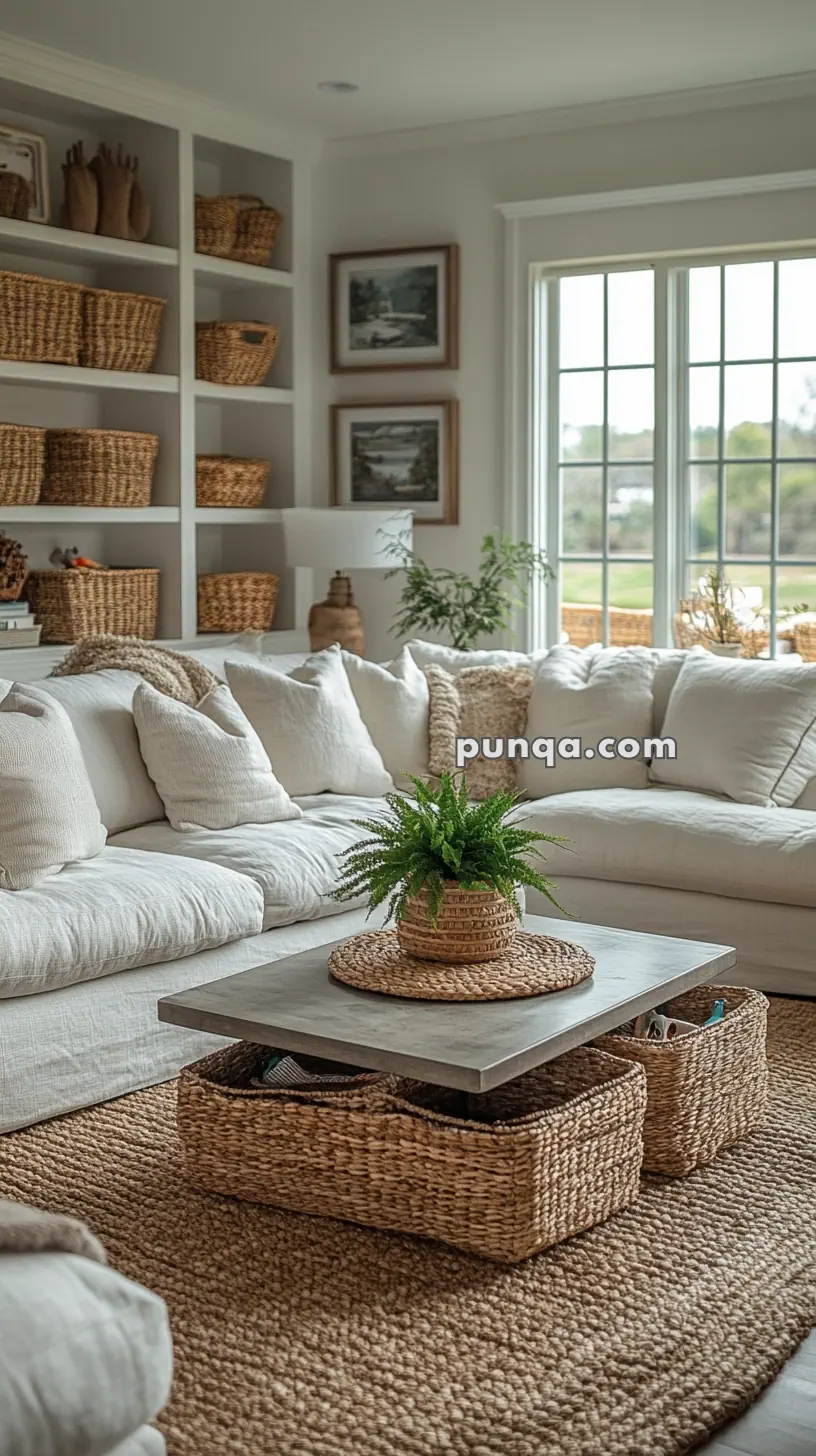

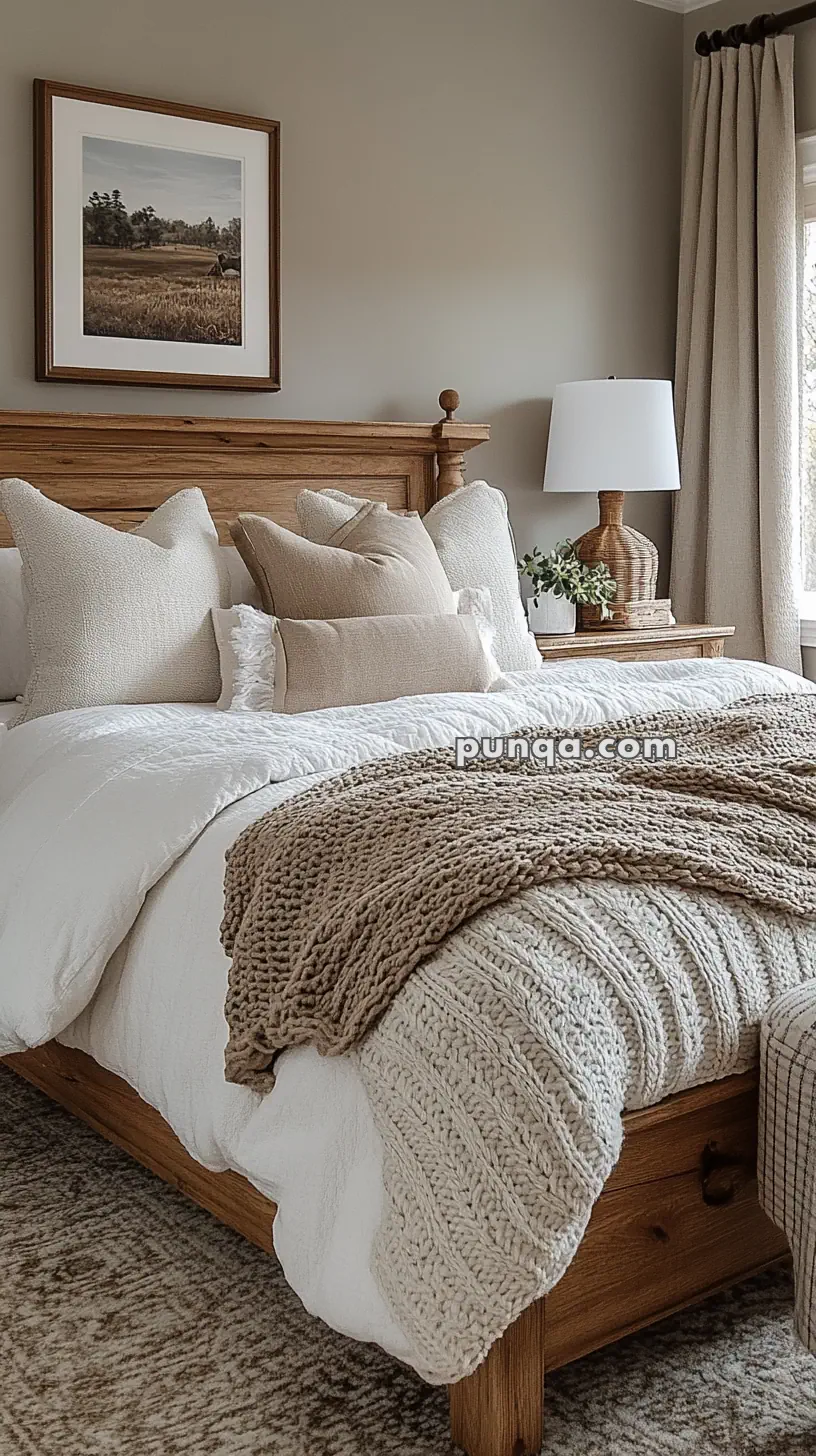
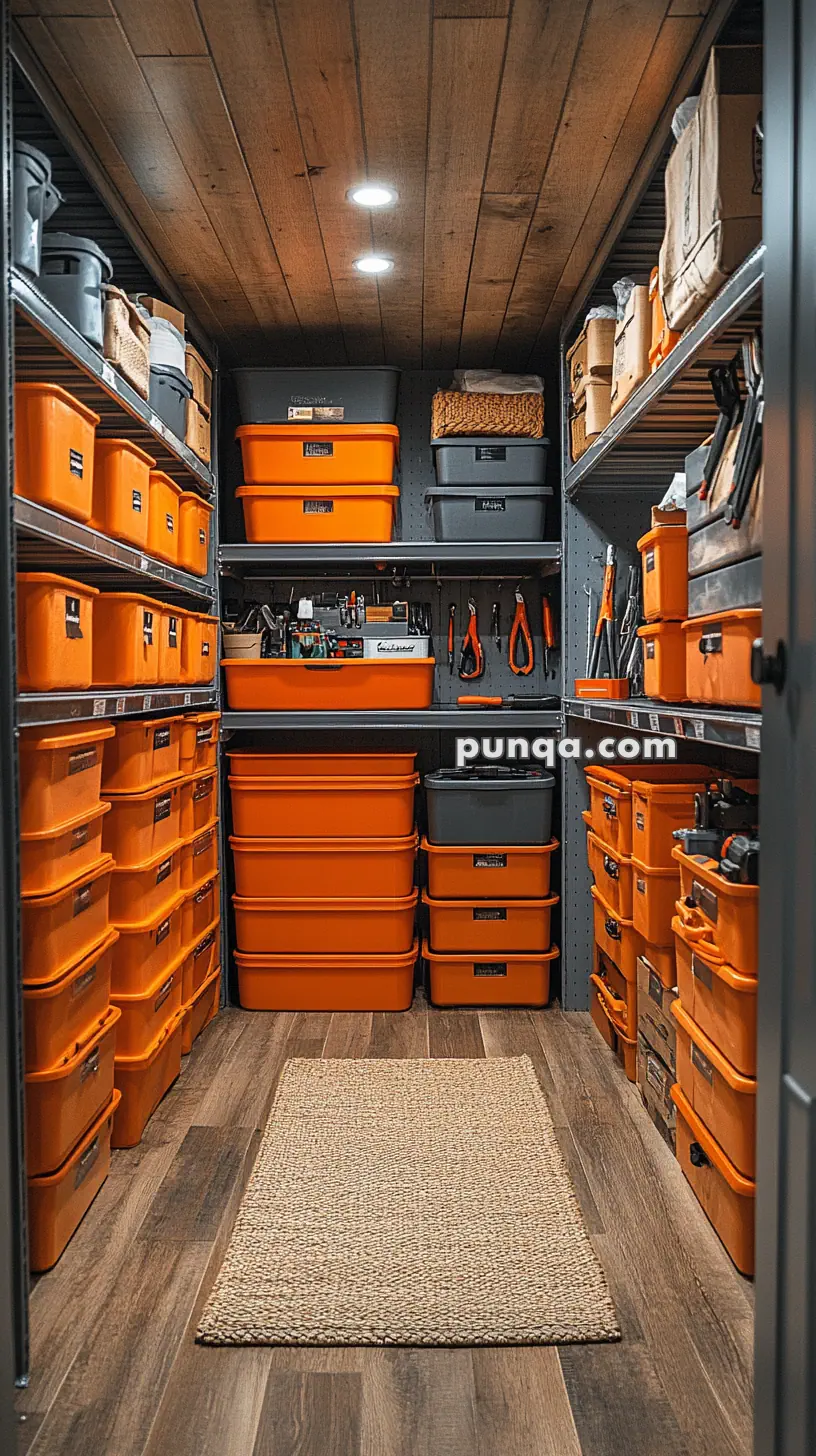
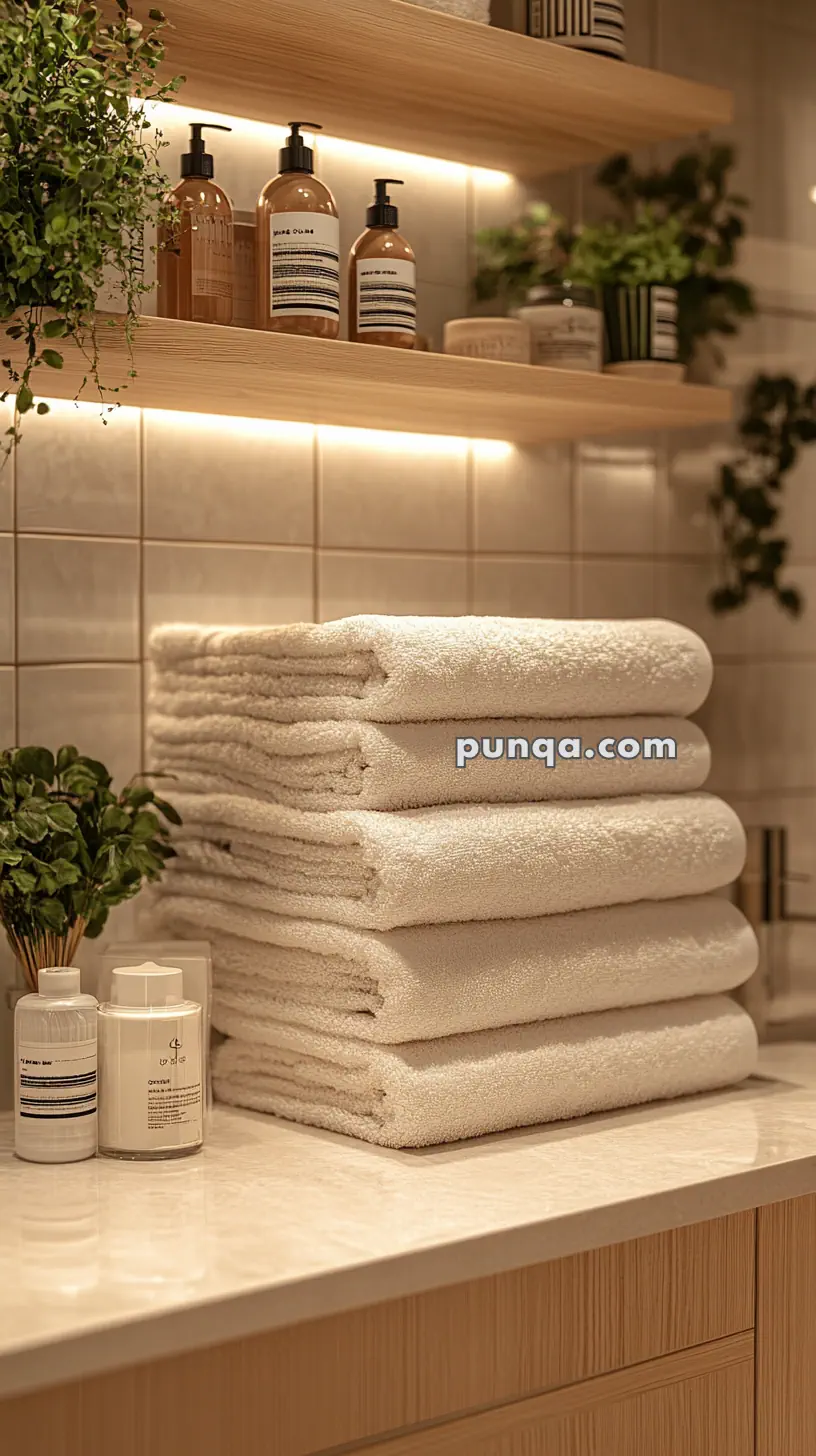
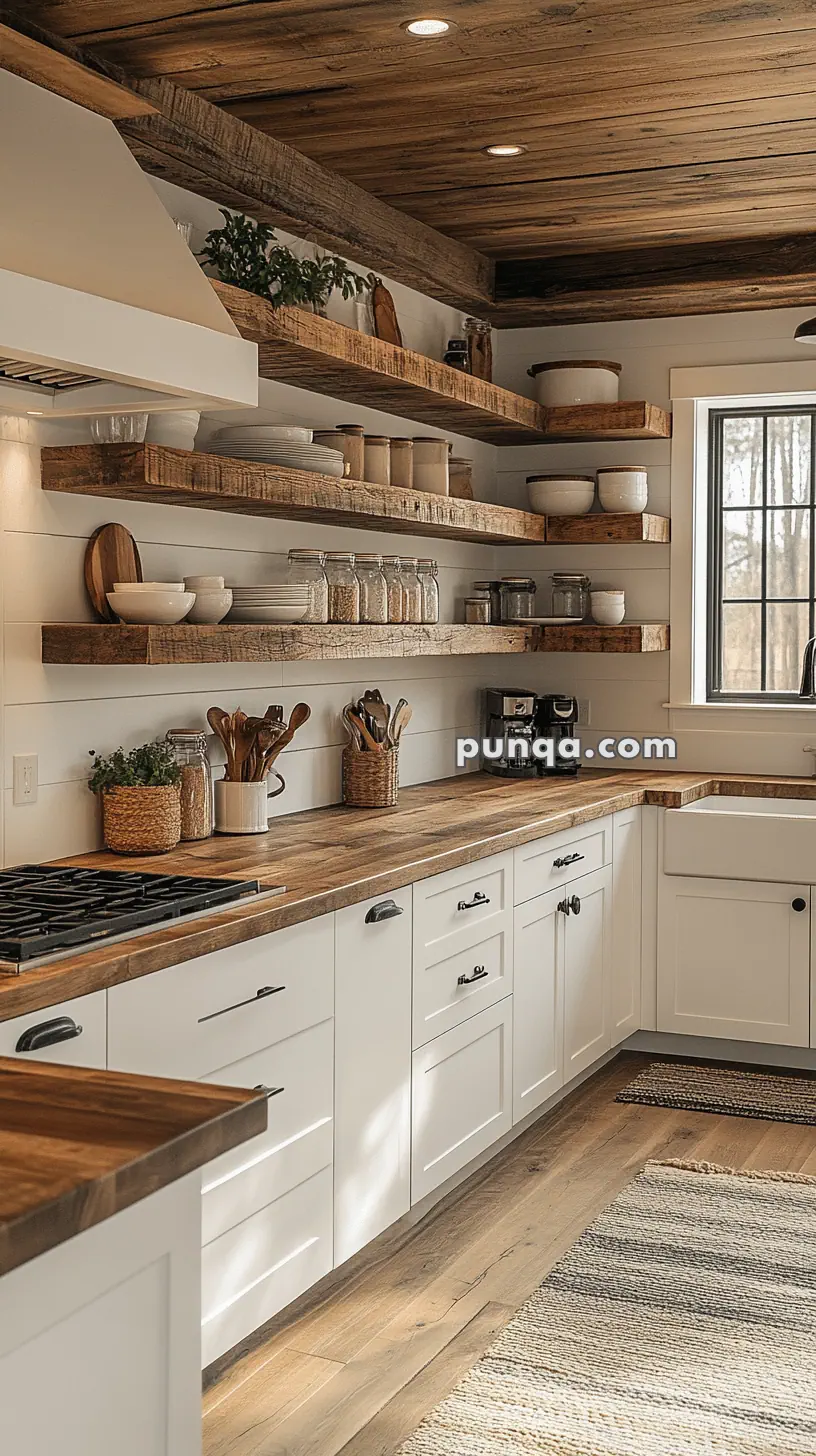
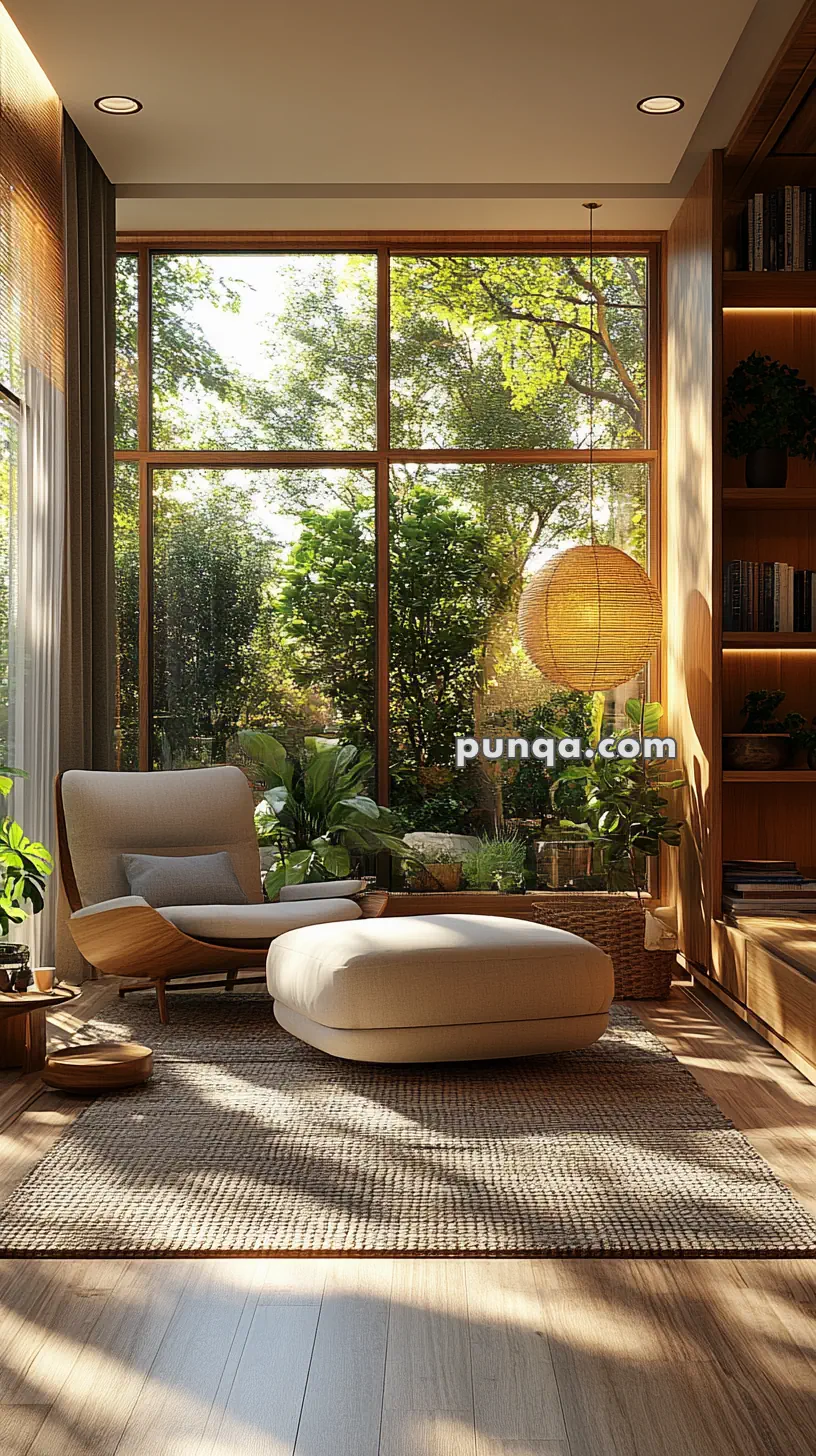
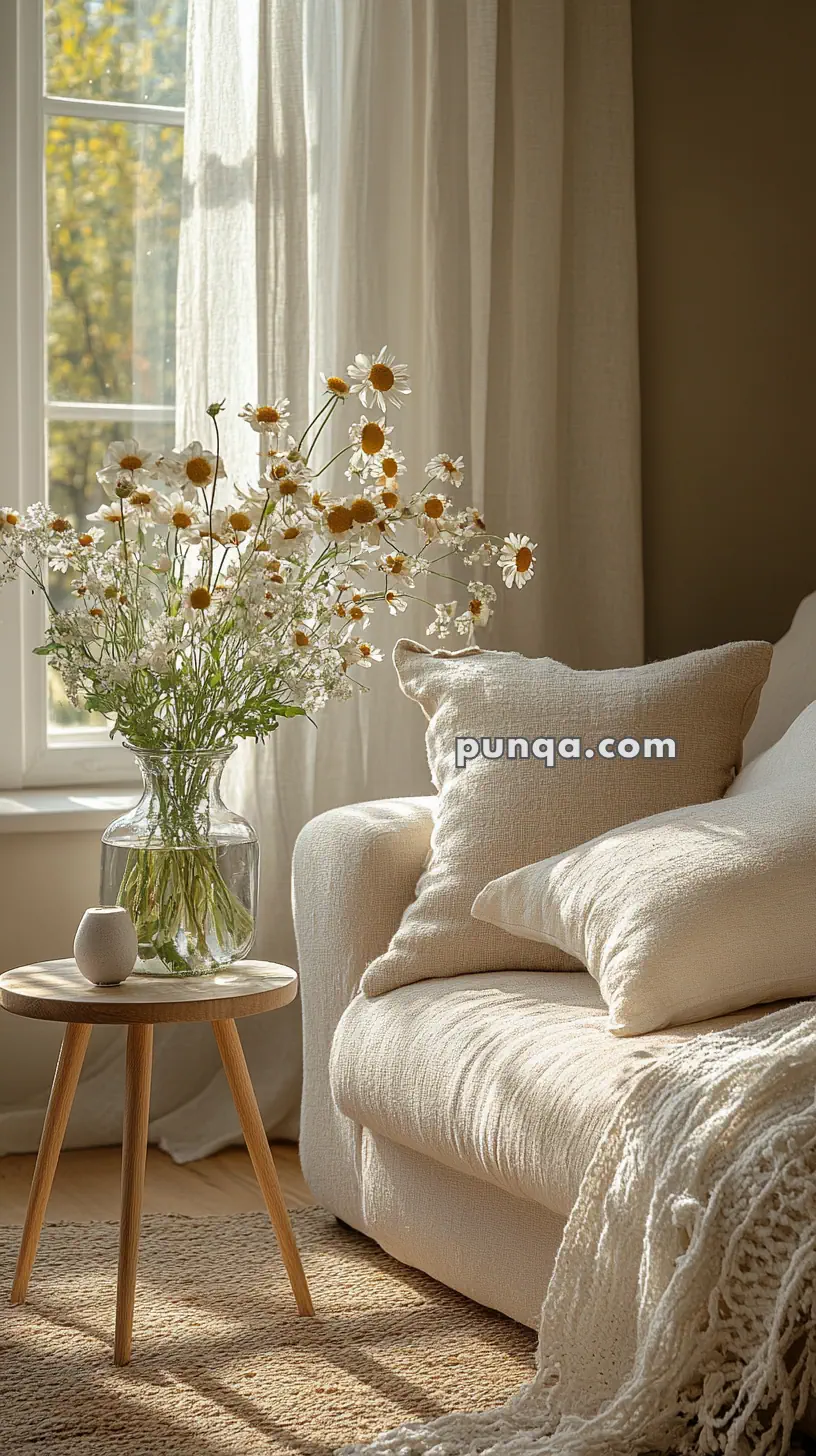
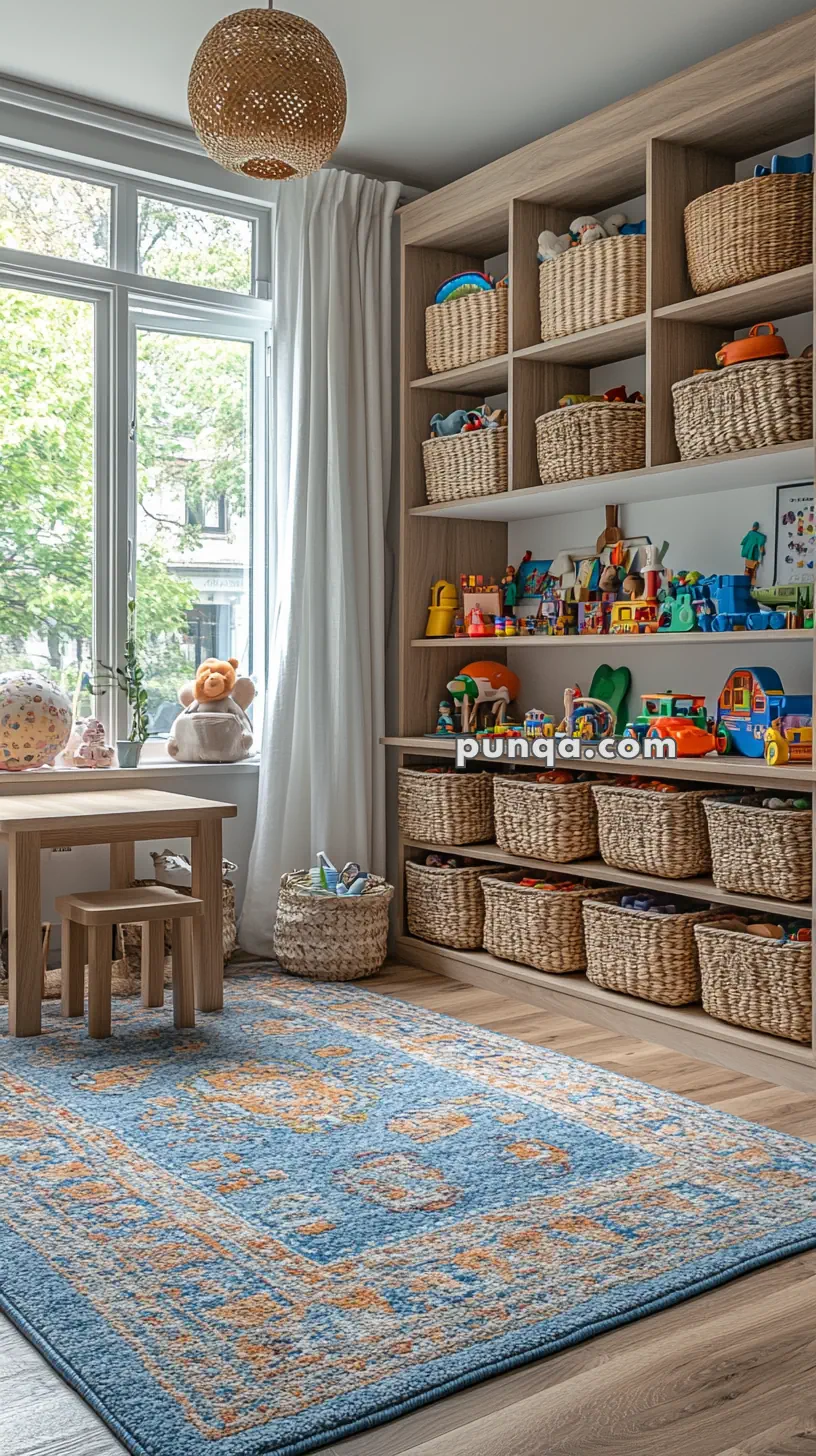
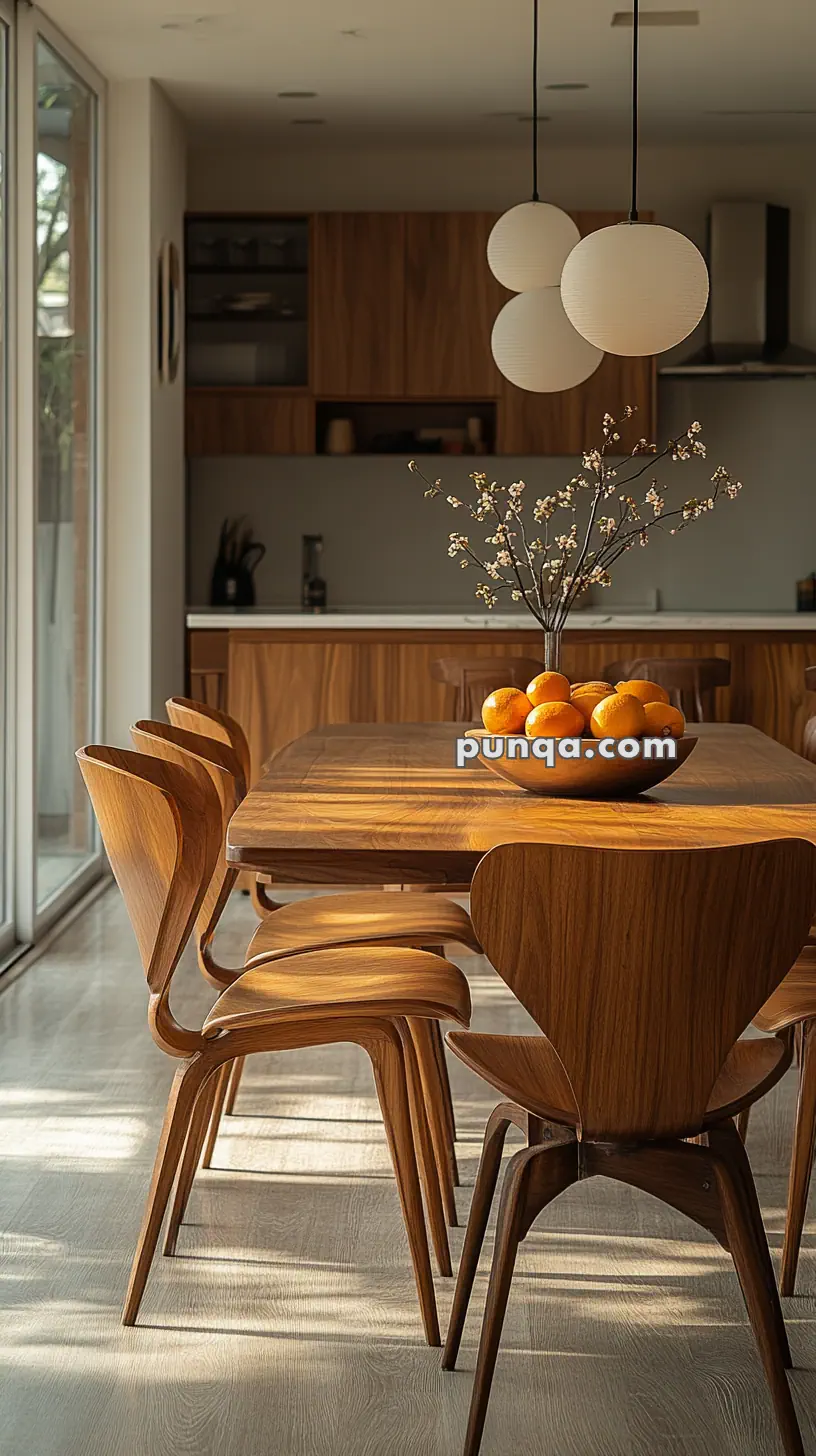
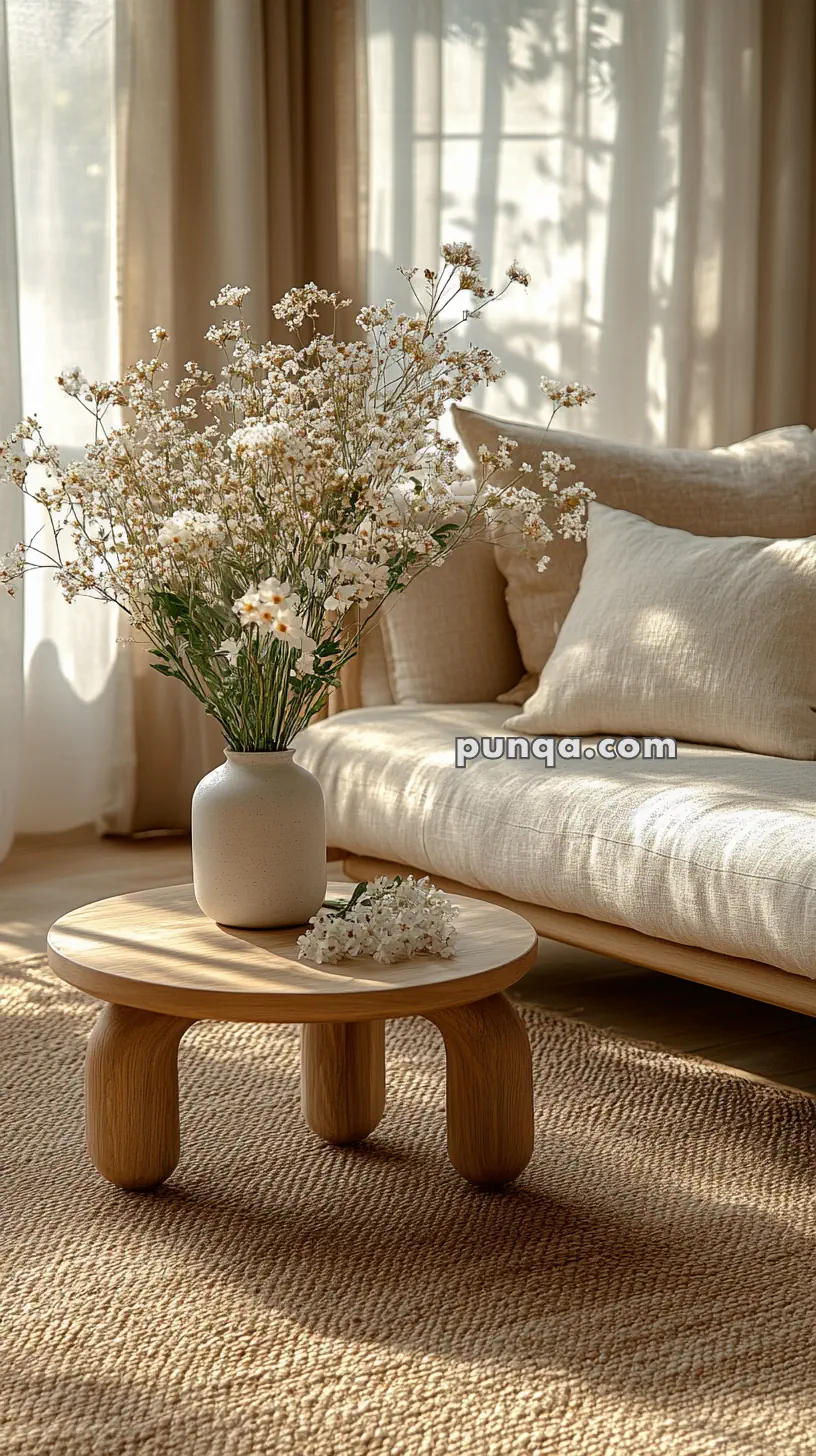
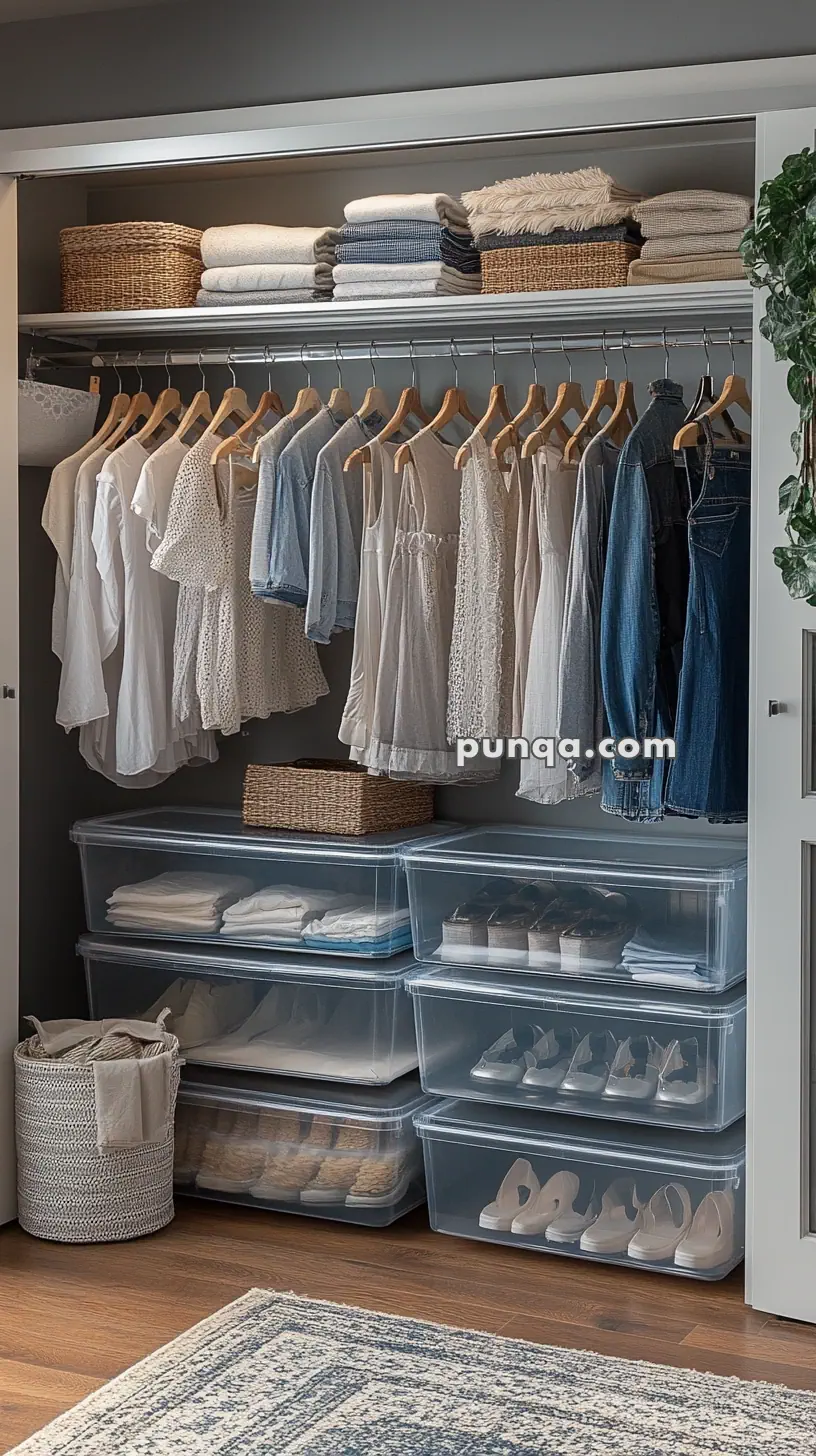
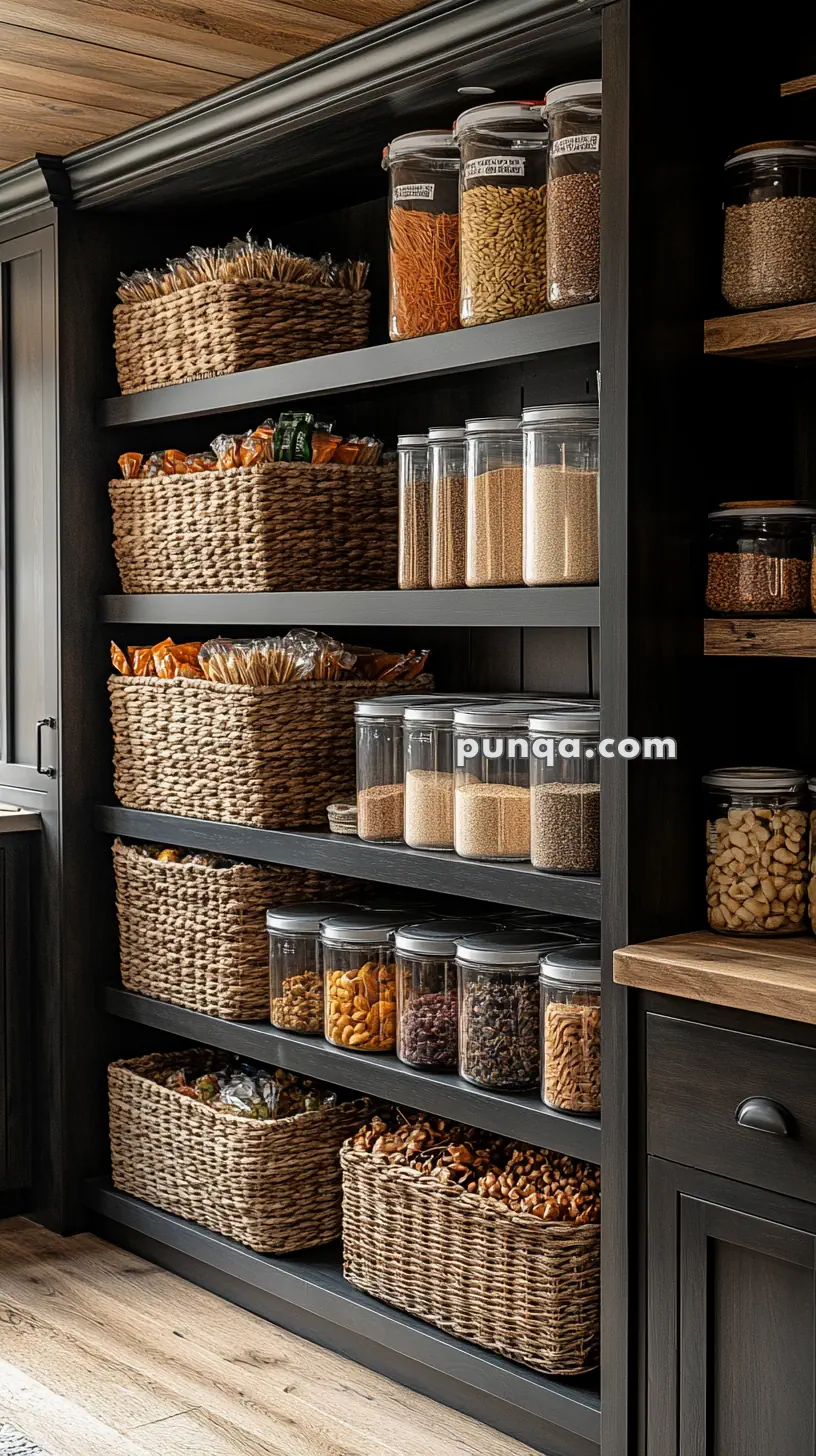
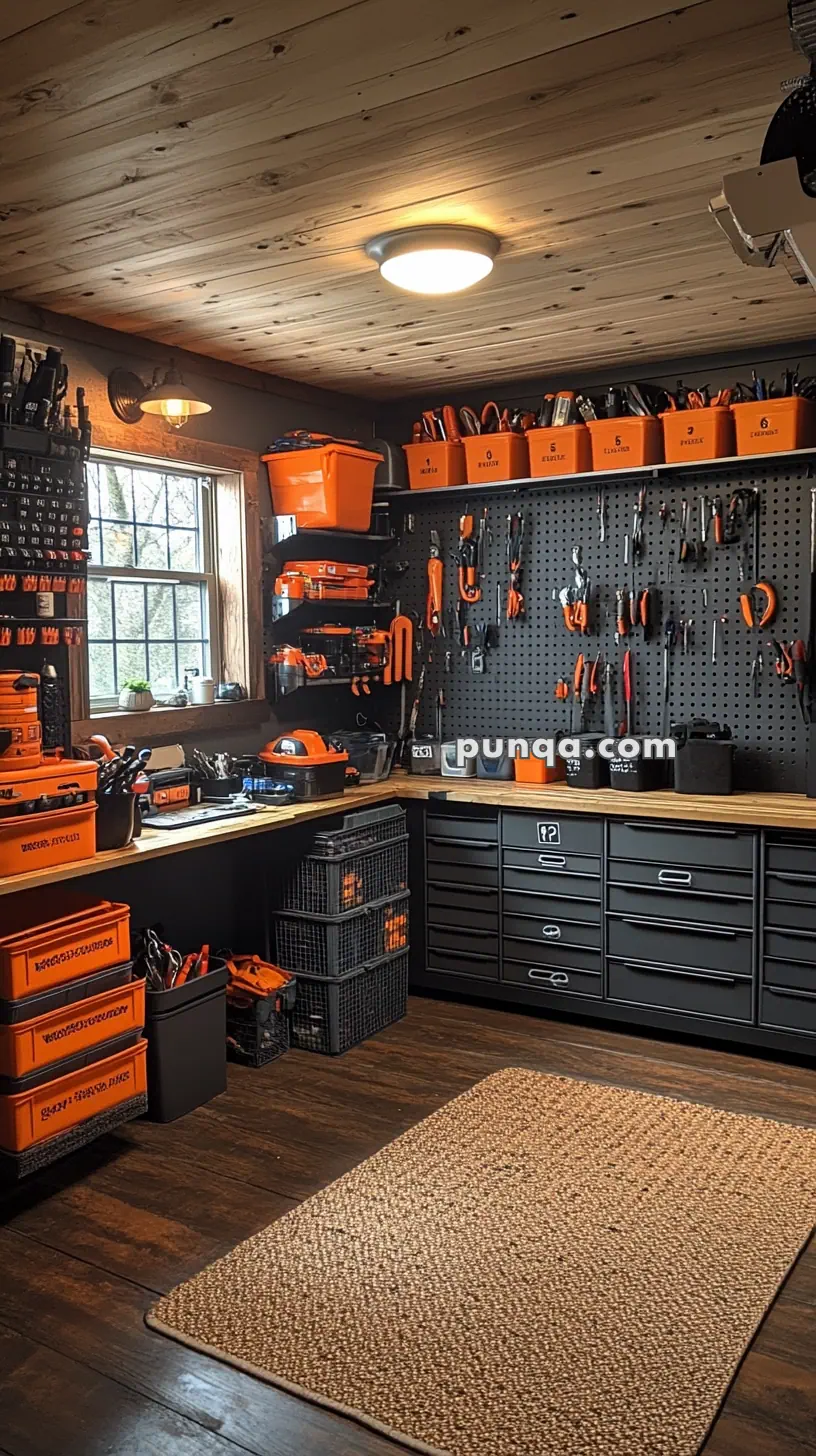
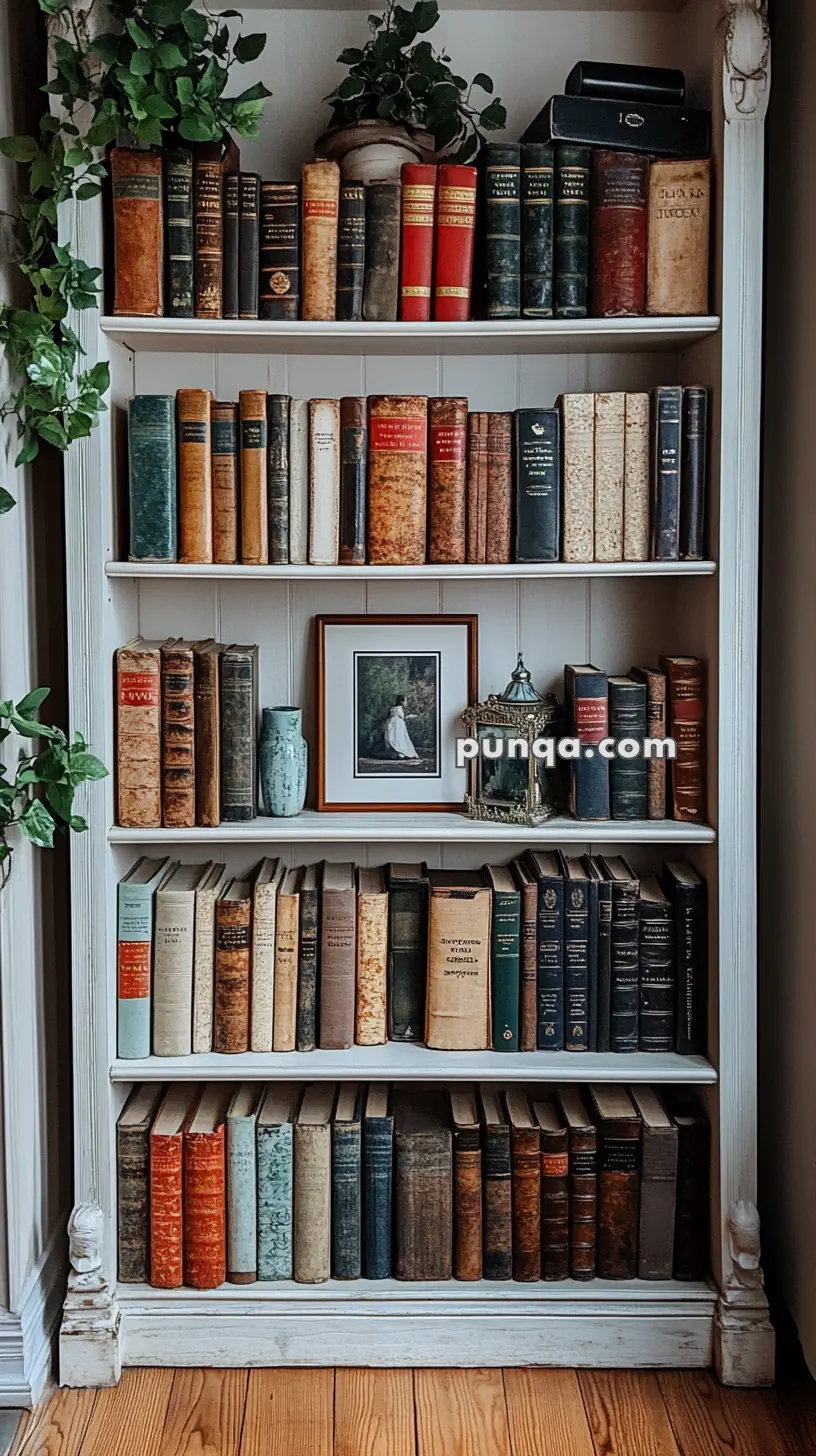
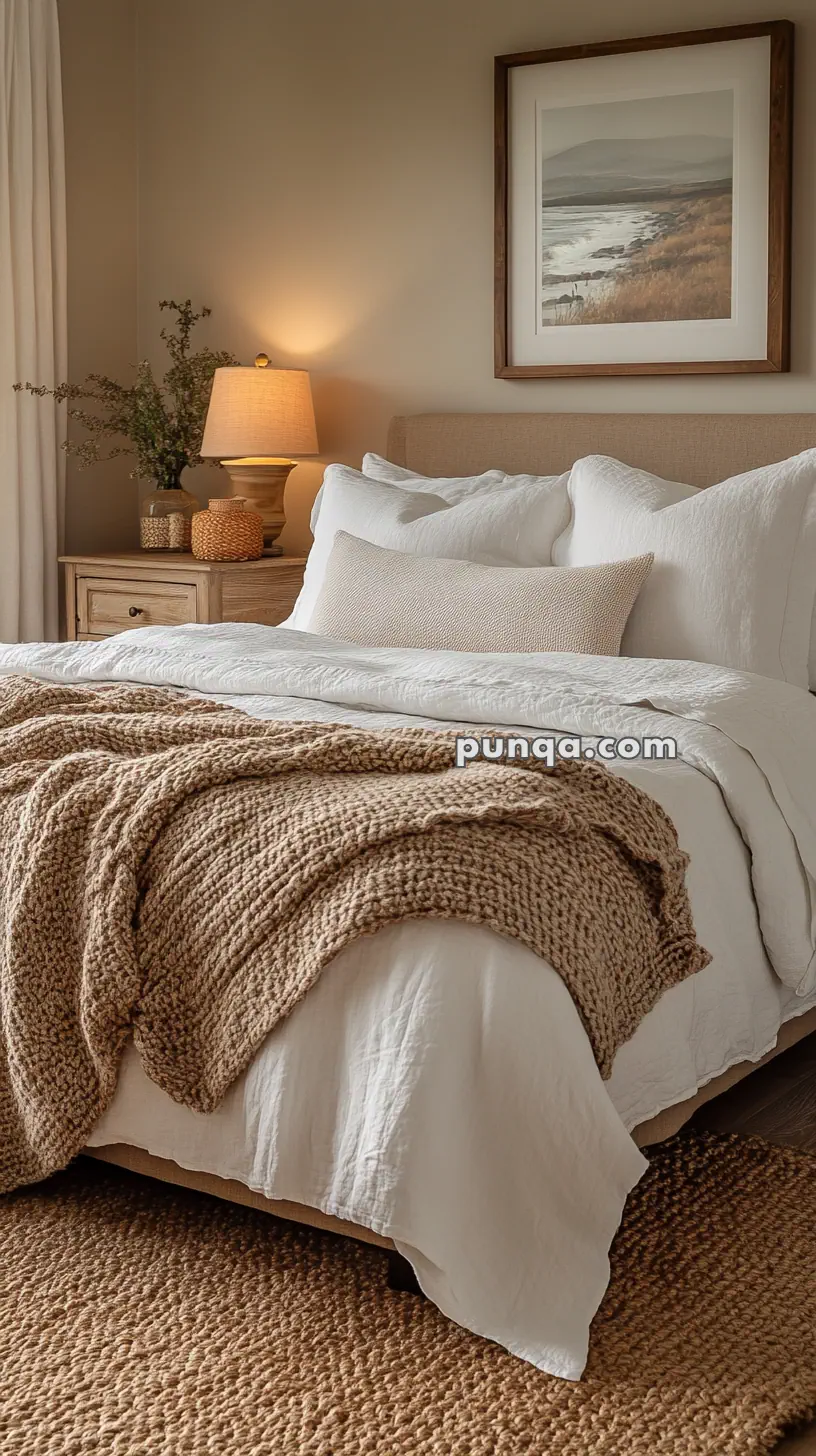

Shannon Roy is a skilled writer for the Organization & Storage category of Punqa, a blog dedicated to small home living. With a passion for creating orderly and efficient spaces, Shannon has been helping readers optimize their homes for several years. Her writing offers practical solutions for maximizing storage in small spaces, from clever closet organization to innovative furniture choices. Shannon’s expertise in organization and storage has been featured in leading lifestyle publications, making her a trusted resource for anyone looking to create a clutter-free, functional home. When she’s not writing, Shannon enjoys decluttering her own space, discovering new organization hacks, and helping friends and family create tidy living environments.


